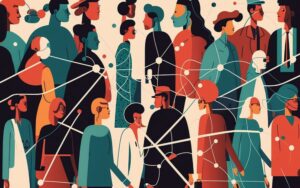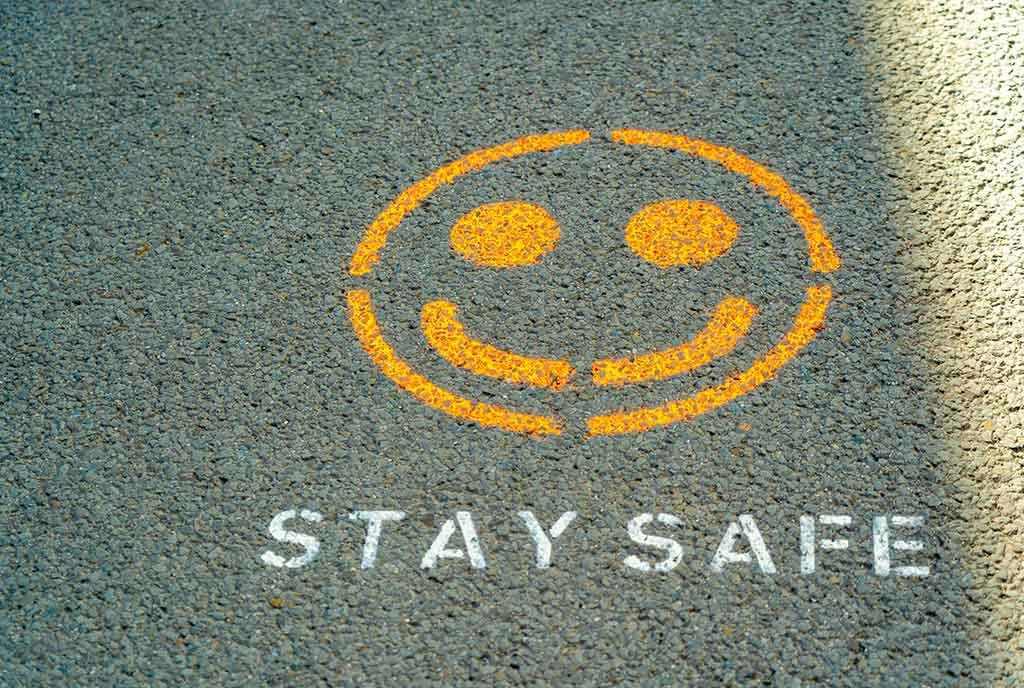
July 13, 2020; Reuters and NPR
Holding elections in the middle of a pandemic is hard and requires flexibility. It’s not possible to keep in-person voting unchanged and at the same time protect the health of voters and poll workers. Expanding voting by mail can ease the pressure, but doing so has strained election budgets and the postal service. These problems can be addressed, but it remains unclear if lawmakers will put partisan differences aside and support the funding and procedural changes that would be required.
We know what changes would allow voters to feel confident and safe. The Centers for Disease Control and Prevention (CDC) suggest some significant modifications, including “offering alternatives to in-person voting,” “offering early voting or extended hours, where voter crowds may be smaller throughout the day,” “using drive-up voting for eligible voters,” and “encouraging voters planning to vote in-person on election day to arrive at off-peak times.” The CDC has provided guides to physically restructuring polling places and vote-counting locations, too.
We also have an idea of the cost will be. According to New York University’s Brennan Center for Justice, at least $4 billion in additional funding would be needed to allow local election officials to put these changes in place.
And, lastly, we know that not doing what we know we should is dangerous. Tina Barton, city clerk and chief elections official in Rochester Hills, Michigan, shared her deep concern with Reuters: “What kind of price tag are you going to put on the integrity of the election process and the safety of those who work it and those who vote? Those are the things at risk…in a state where Trump beat Democrat Hillary Clinton in 2016 by fewer than 11,000 votes.”
Myrna Perez, director of the elections program at the Brennan Center, put it even more starkly: “We run the risk of people really questioning the legitimacy of the election…a funding shortfall could lead to widespread disenfranchisement.”
That story resonates with that of LaVera Scott, director of elections for Lucas County, Ohio. Scott tells Reuters that local officials asked her to cut her budget by a fifth. Accordingly, “she has ruled out buying some safety equipment, such as Plexiglas sneeze guards for more than 300 polling stations that the county hopes to operate.”
“Feasibly,” Scott says, “that’s not a cost that we can do here.”
Sign up for our free newsletters
Subscribe to NPQ's newsletters to have our top stories delivered directly to your inbox.
By signing up, you agree to our privacy policy and terms of use, and to receive messages from NPQ and our partners.
Michelle Anzaldi, the clerk for Michigan’s Pittsfield Charter Township, a suburb of Detroit, tells Reuters of the impact of not having the equipment needed to handle increased voting by mail.
Her current vote-counting machines take between three and five seconds to count each ballot. A newer model can process more than 100 a minute but could cost more than $100,000. With a budget crunch looming, the count will just have to wait. Instead of being tabulated by 10 p.m. at night, it could be who knows when.
If the 2020 presidential election comes down, as it did in 2016, to who wins close races in battleground states, not having a winner for hours or days because votes could not be counted risks undermining the trustworthiness of the results.
With a growing congressional consensus forming, it seems likely that the president will be asked to sign a bill allocating more money to state and local officials to meet election needs. We don’t know how quickly this will take place and, more critically, we cannot be sure that the president, who has disparaged voting by mail, will agree. The delay presents the danger that there won’t be enough time to spend the money effectively when it comes.
As NPQ recently reported, however, if things don’t happen soon, there may not be enough time for preparing for mass mail-in ballots, either. NPR’s examination of recent primary elections shows the level of risk that not getting to make the necessary policy adjustments poses:
Those who use mail-in voting for the first time—especially young, Black and [Latinx] voters—are more likely to have their ballots rejected because of errors…
Charles Stewart, a political scientist at the Massachusetts Institute of Technology who studies election administration, said, “That’s the sort of thing that makes me wary about what’s going to happen in November when we get an even larger influx of people who haven’t voted, or haven’t voted by mail in the past.”
This November, critical choices about the direction of our nation will be made, and the results depend on each eligible voter being able to cast a ballot and that ballot being counted. If that does not happen because we refused to adapt to the realities of our pandemic-afflicted world we will be waking up to a very damaged nation on November 4th. There is still time to prevent that outcome if the sanctity of the electoral process can overcome partisan interest. Is that too much to ask?—Martin Levine













